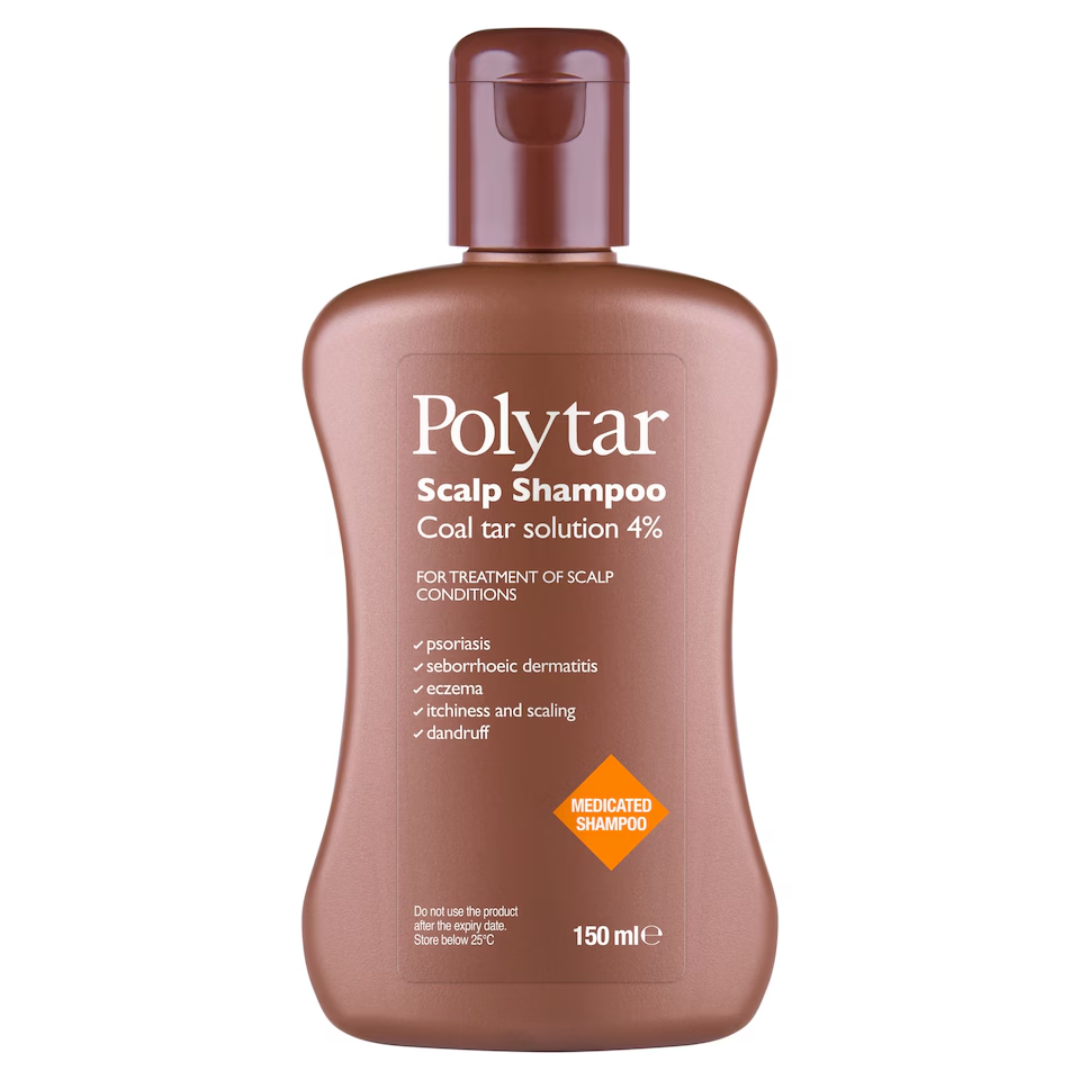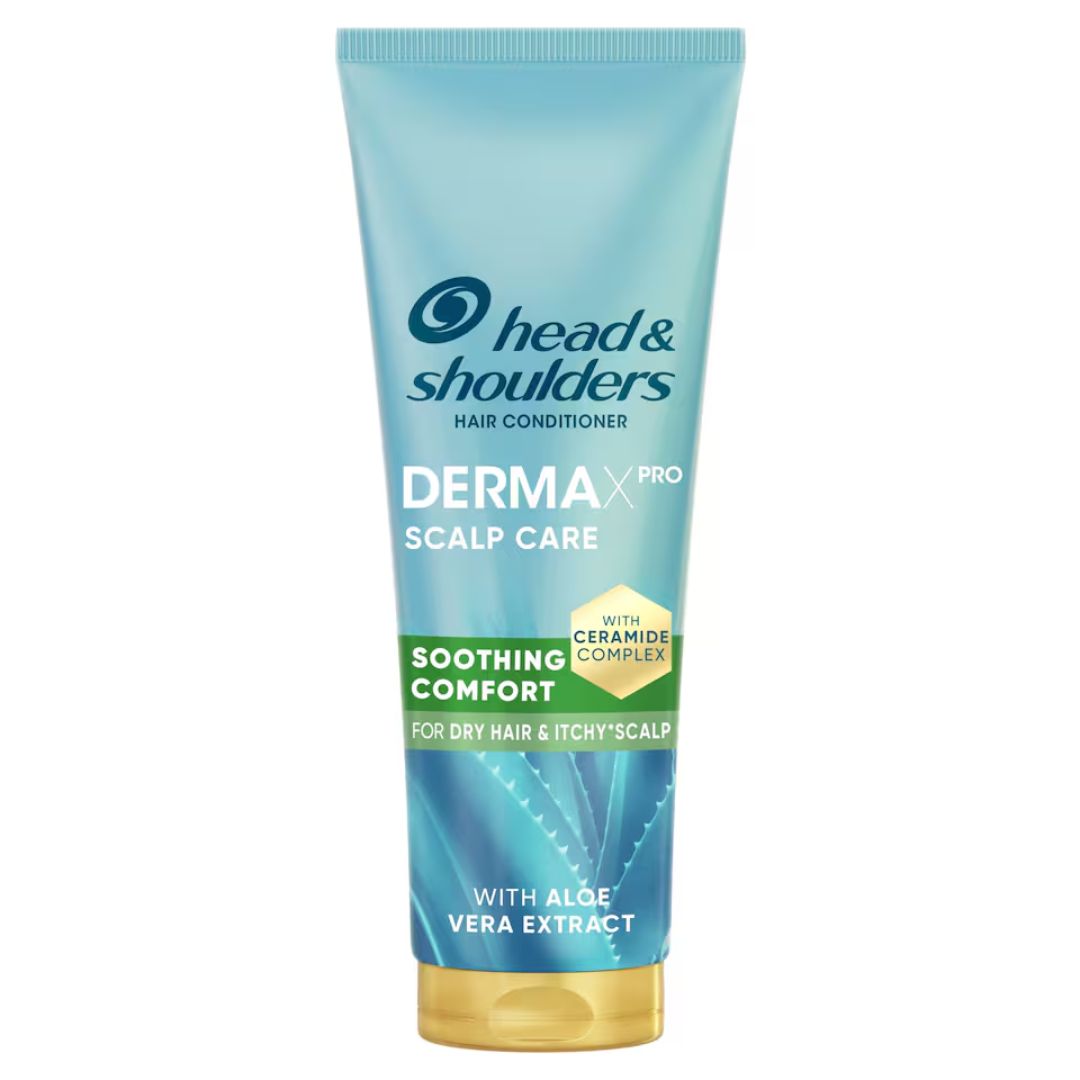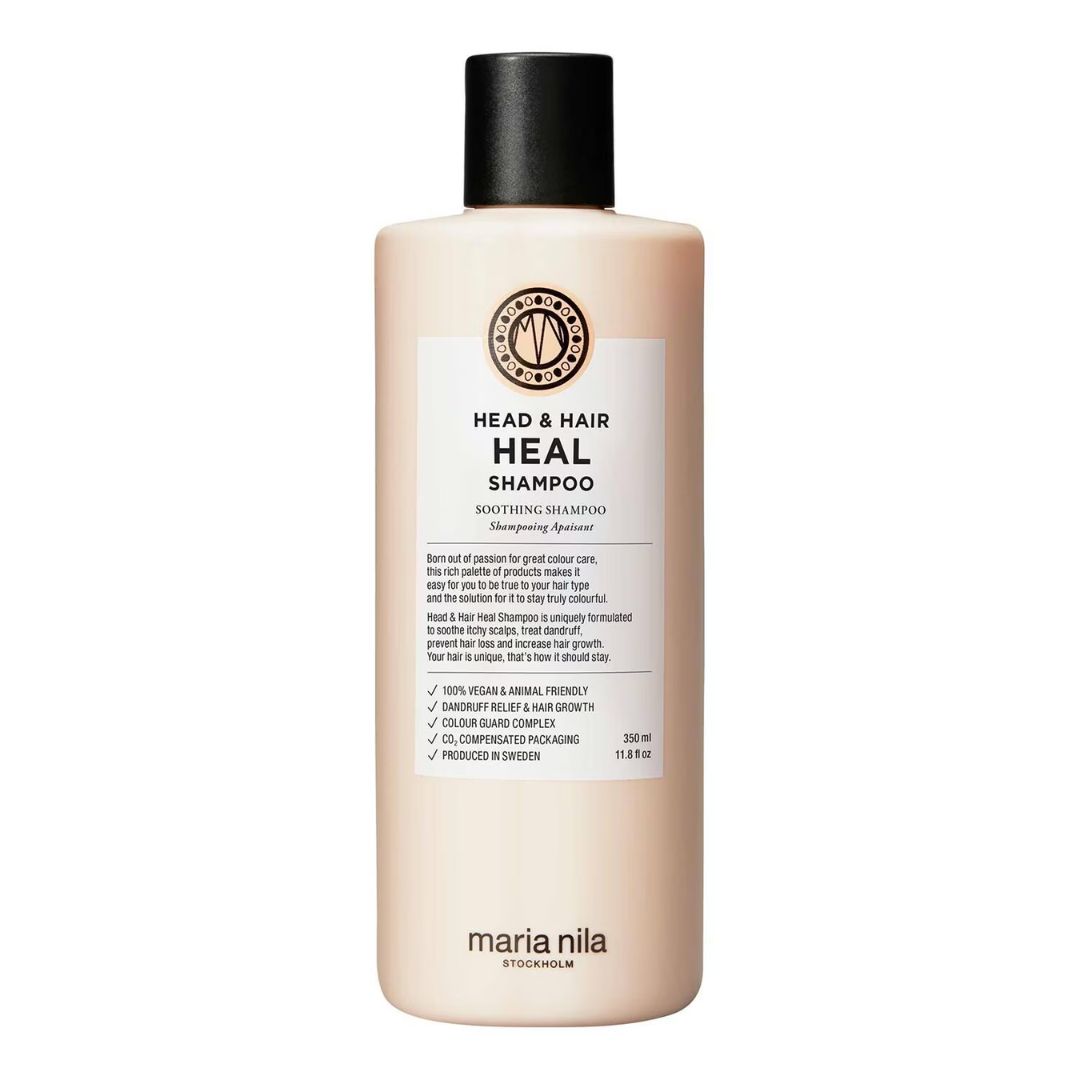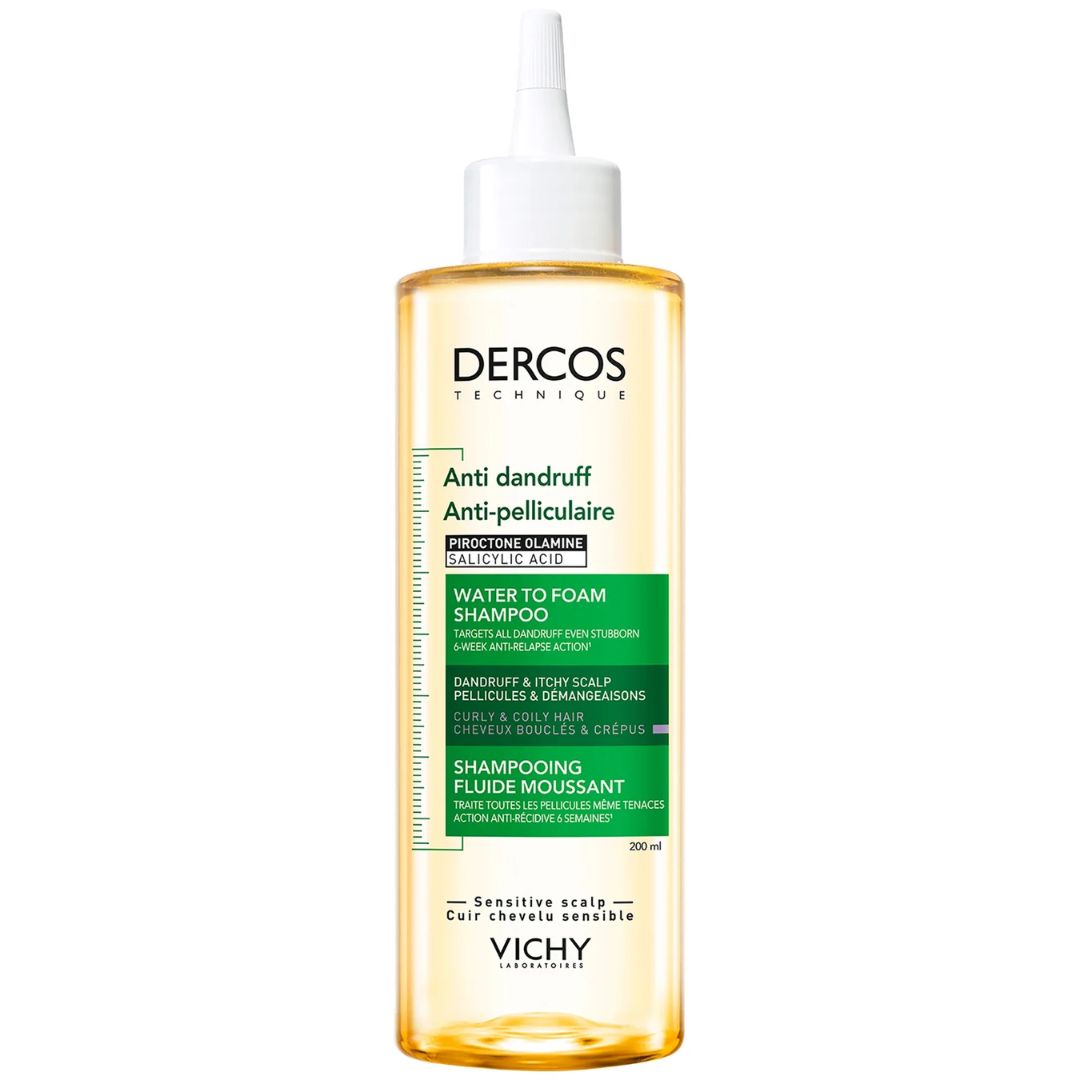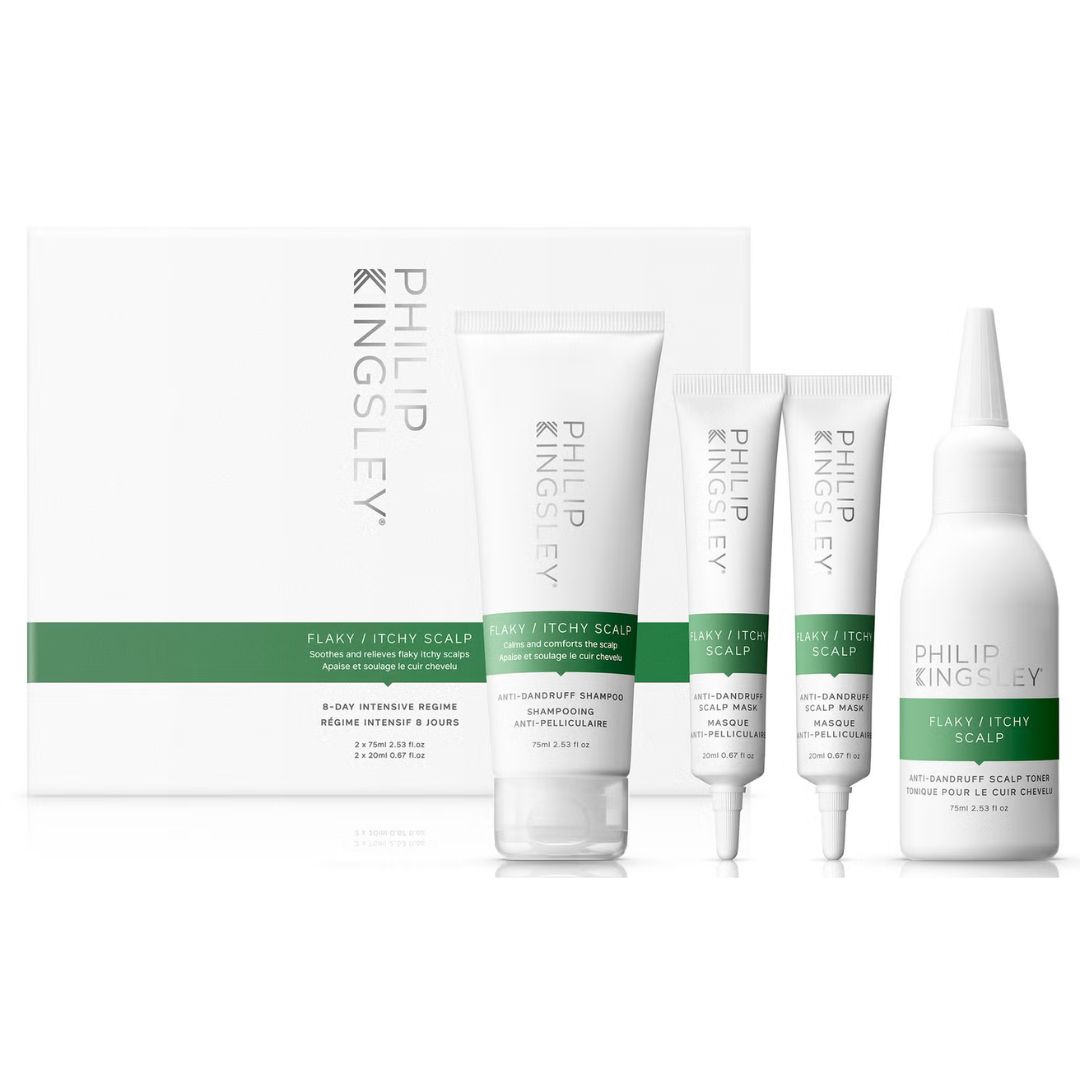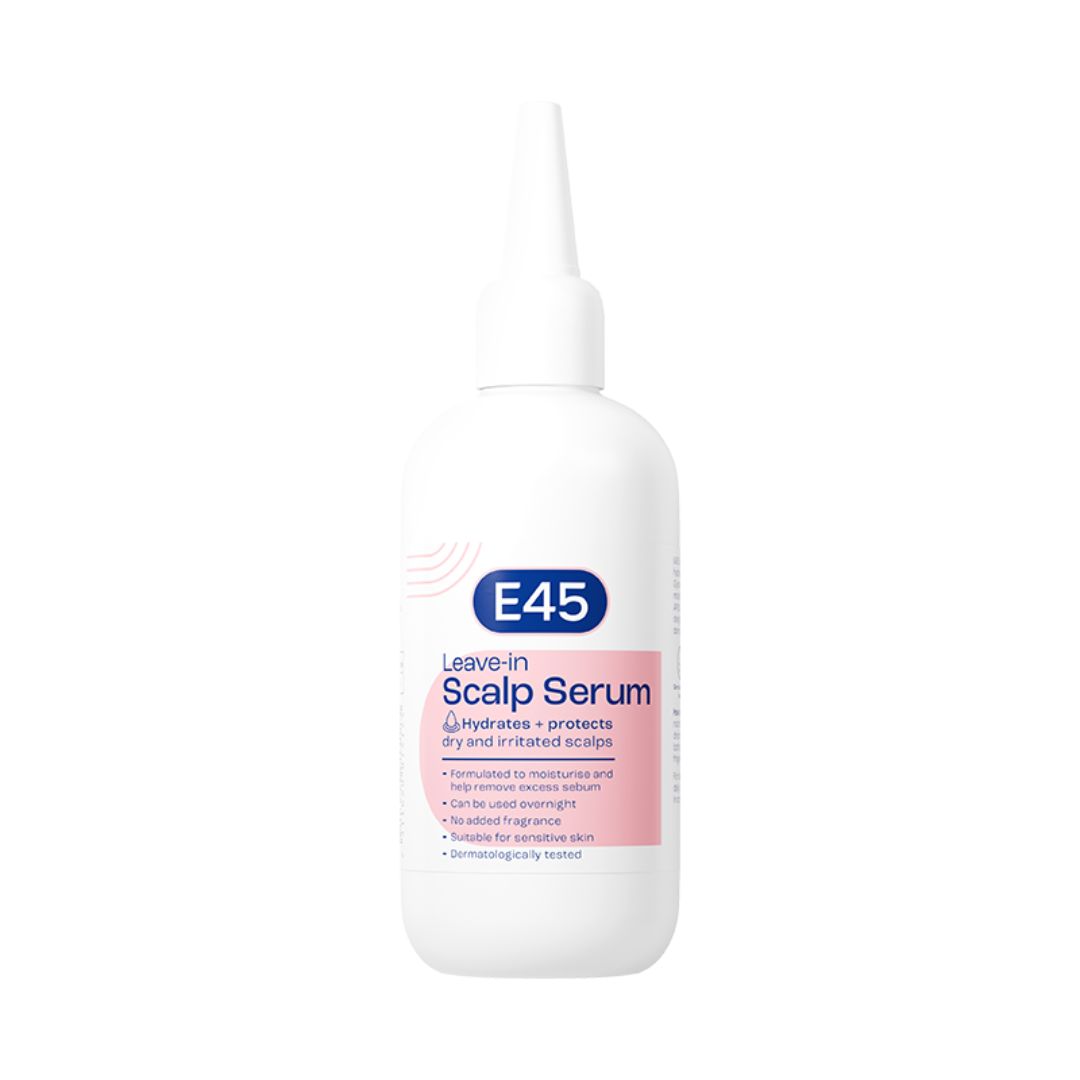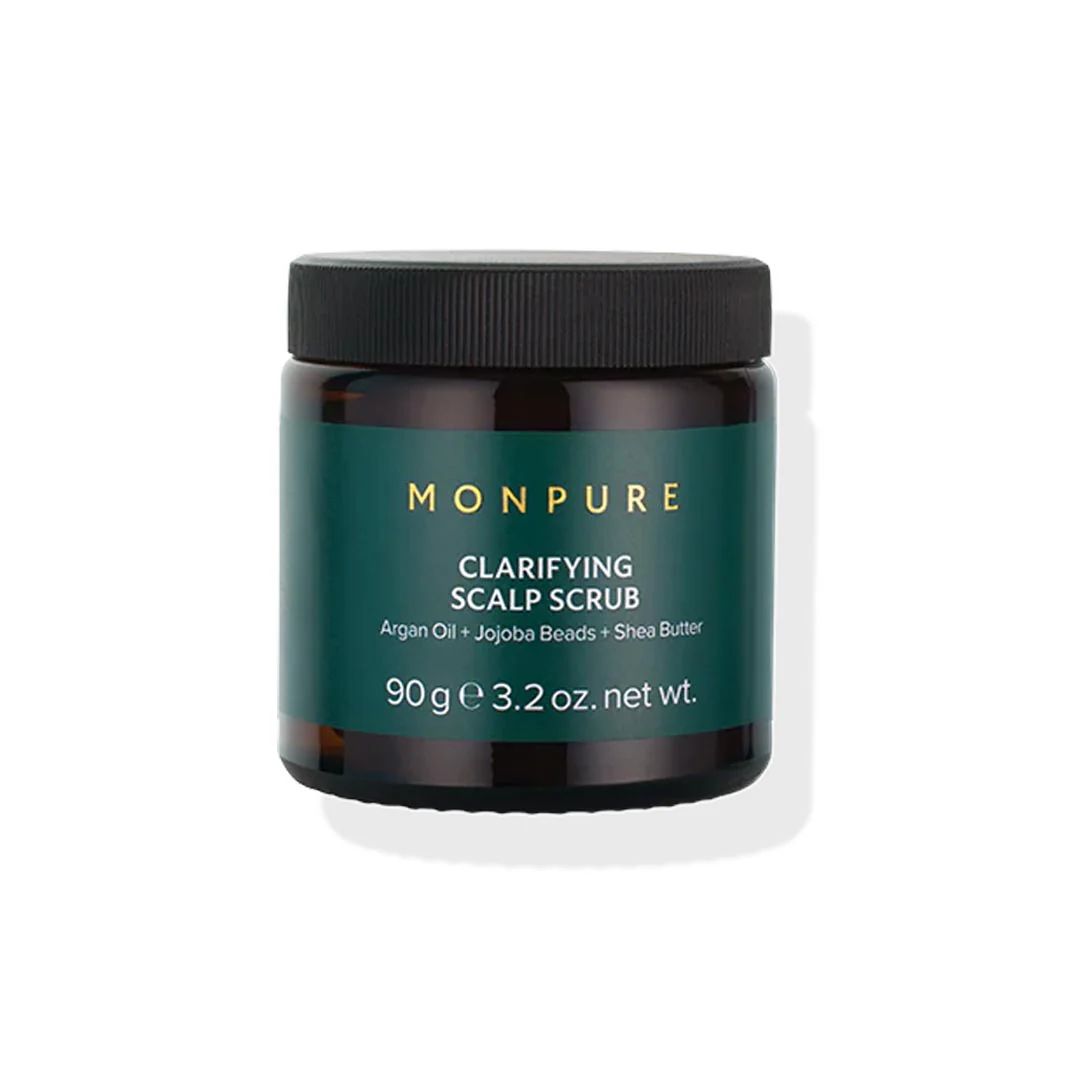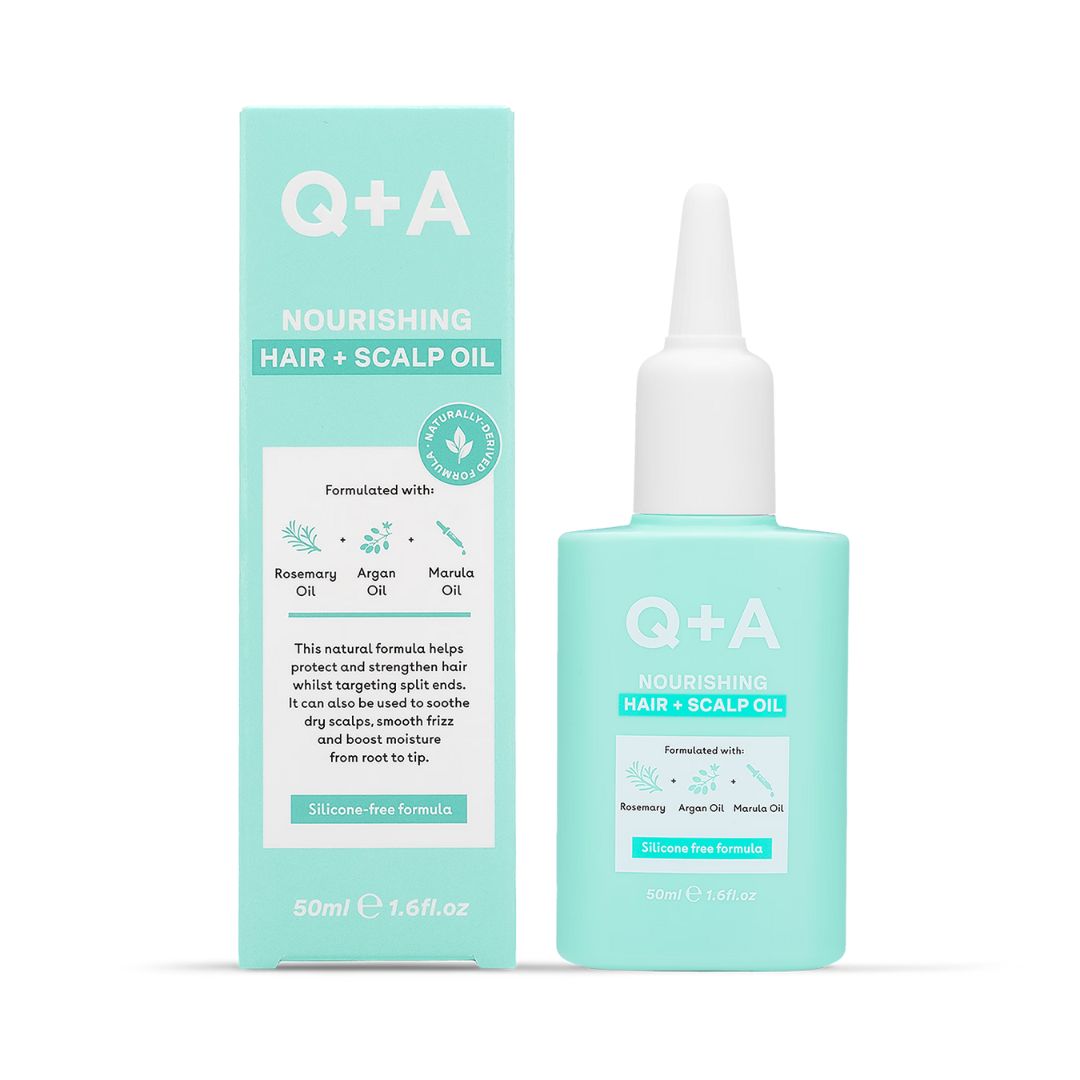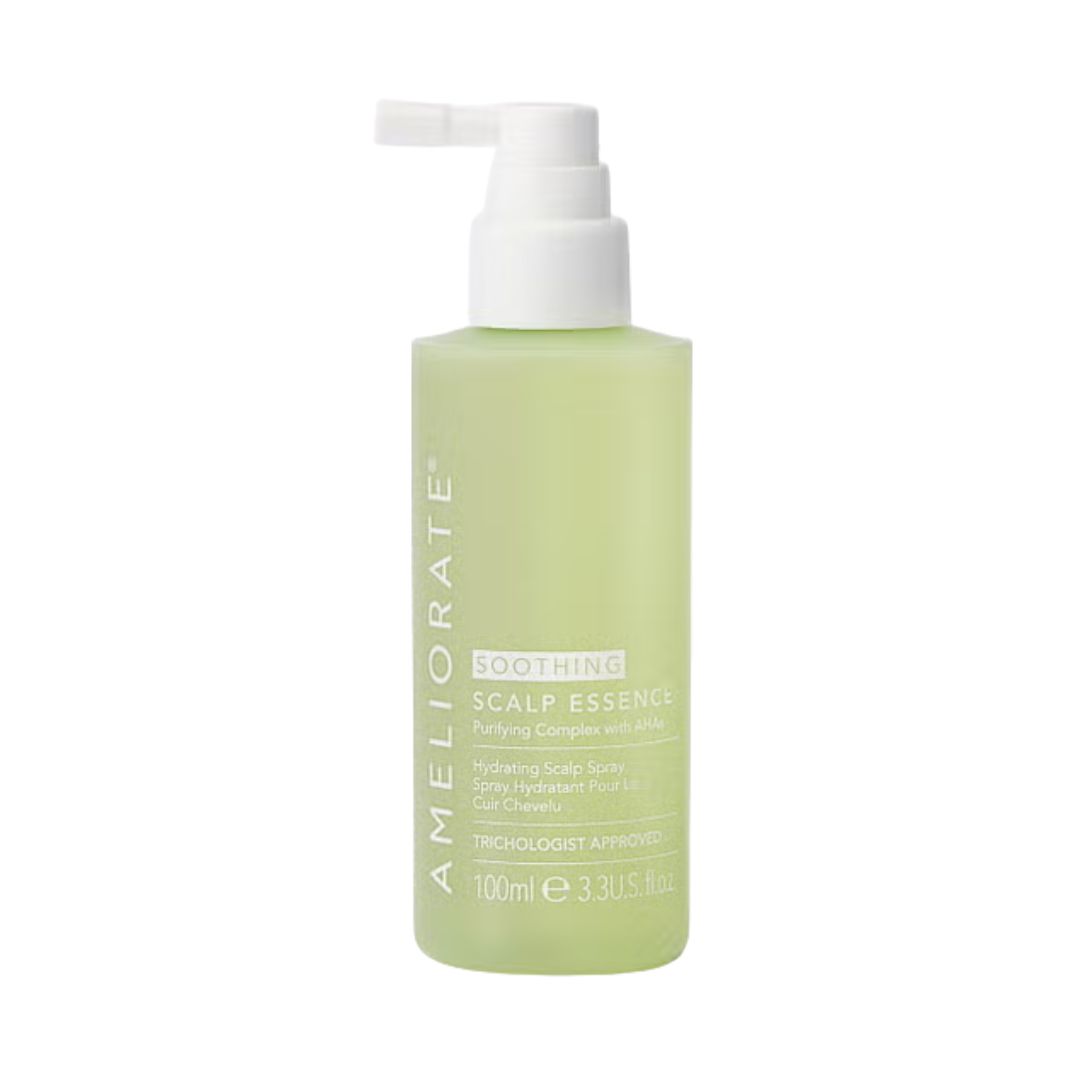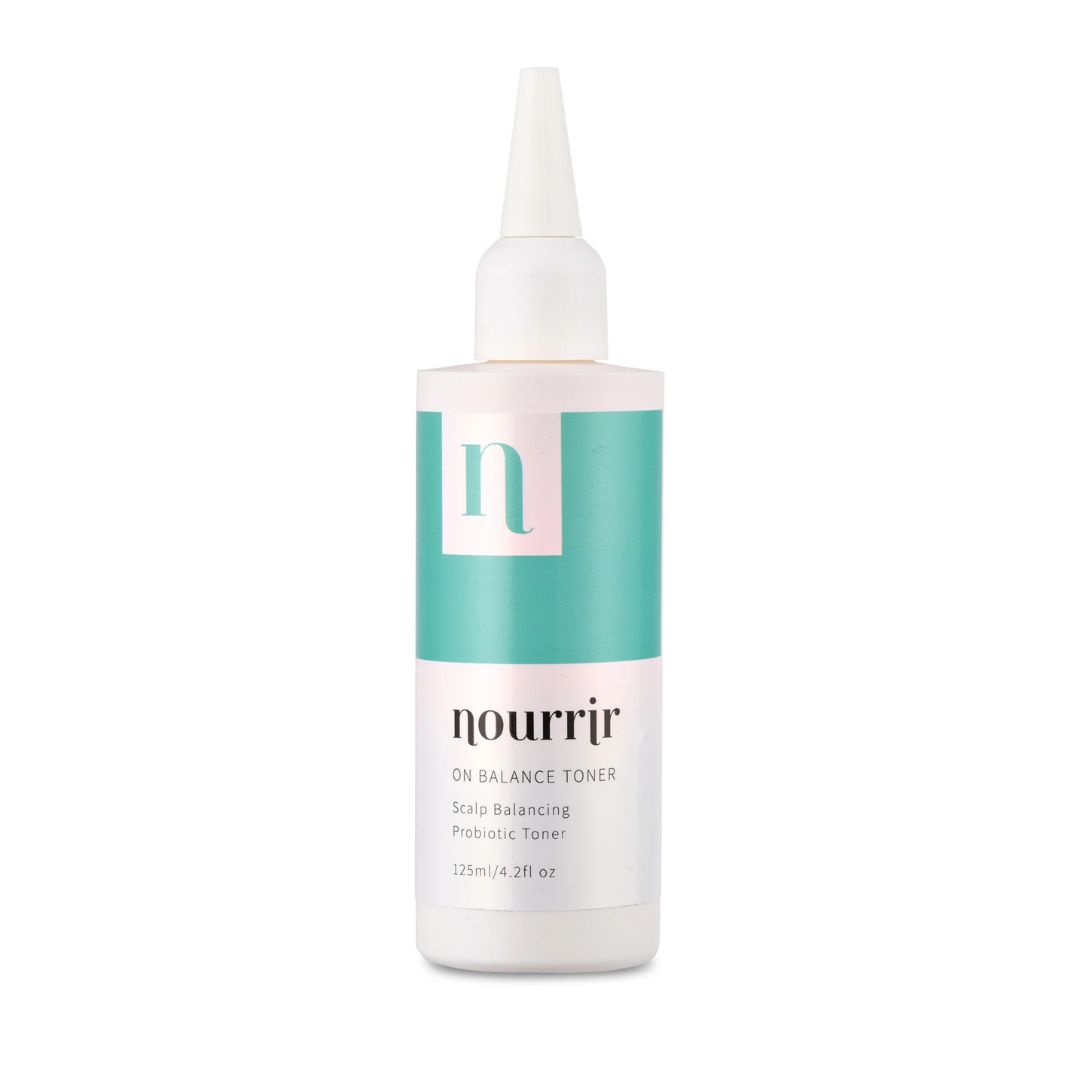Do You Have An Itchy Scalp? The Weather And Where You Live Might Be The Reason Why
Plus, the toolkit you need to treat
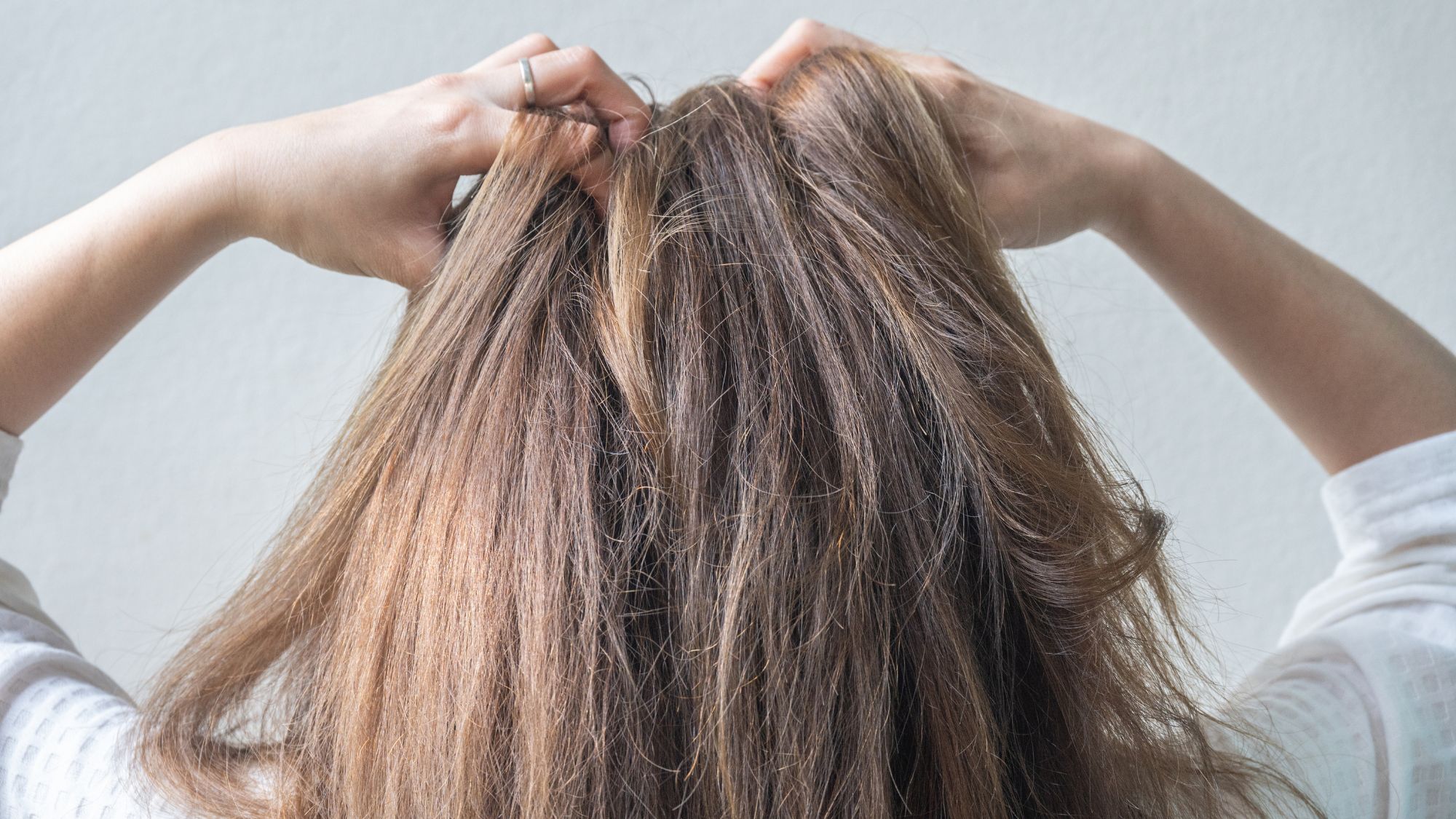

As the seasons change and we head into colder weather, itchy scalps become more common. The drop in temperature, central heating, and bitterly cold winds all strip away moisture and contribute to a dry and itchy scalp. Things like dandruff and dermatitis can also be causes, so what's the best treatment plan for an itchy scalp?
We sat down with some of the industry's best scalp experts to find out more about the causes, the treatments, and the best products to use for an effective and hardworking scalp routine.
What are the main causes of an itchy scalp?
As mentioned, there are several causes of an itchy scalp—dry skin, head lice, dermatitis and dandruff.
Dry skin on the scalp is common in late autumn and early winter months when the environmental changes have a detrimental effect on the scalp. According to Trichologist Marta Teixeira, this can lead to "scalp dryness, flaking, and irritation, while also making the hair fibre more brittle and prone to frizz and breakage". A recent finding by Polytar and its Hard Water Report found that hard water can make things worse, so where you live can also contribute. London, the East Midlands and the South East apparently had the most reports of dry, itchy scalps.
Head lice are insects that live in human hair, not to be confused with demodex mites. An itchy scalp is one of the first signs of an infestation of head lice. They're incredibly common among small children, but you can still get them as an adult.
Dermatitis is a type of eczema that can occur anywhere on the body, including on the scalp. It causes red, flaky skin that's very itchy.
The main cause of an itchy scalp tends to be dandruff, says Jane Martins, senior consultant trichologist at Philip Kingsley. "Dandruff is commonly caused by an overproduction of a type of yeast called Malassezia furfur. This condition is not contagious, and many people will be affected by it at some point in their lives. Some individuals experience flare-ups during periods of high stress as well as when the weather becomes colder."
Celebrity news, beauty, fashion advice, and fascinating features, delivered straight to your inbox!
How do you treat an itchy scalp?
The skin on our scalp is similar to that on our faces; when the moisture barrier is off kilter, the result is dryness, flaking and itchiness. "From a clinical trichology perspective," says Teixeira. "Maintaining scalp barrier integrity and moisture balance is key." So, where you would up your use of barrier-boosting skincare products for your face, the same approach should be applied to the scalp. Moisturising scalp treatments and nourishing leave-in serums should help to relieve the irritation.
If you think you have headlice, then we suggest you take a trip to the pharmacist to pick up a specific medicated shampoo.
Dermatitis should be handled with care; things like really hot water and aggressive scrubbing can exacerbate things. If you are concerned about your scalp, then seek out help from a trichologist or your GP.
When treating dandruff specifically, ensure you wash your hair regularly with a targeted shampoo for dandruff. The key here is to really work it into the scalp, Martins suggests kneading the scalp well. She also recommends applying conditioner and styling products to the mid-lengths and ends, avoiding the scalp completely to prevent aggravation.
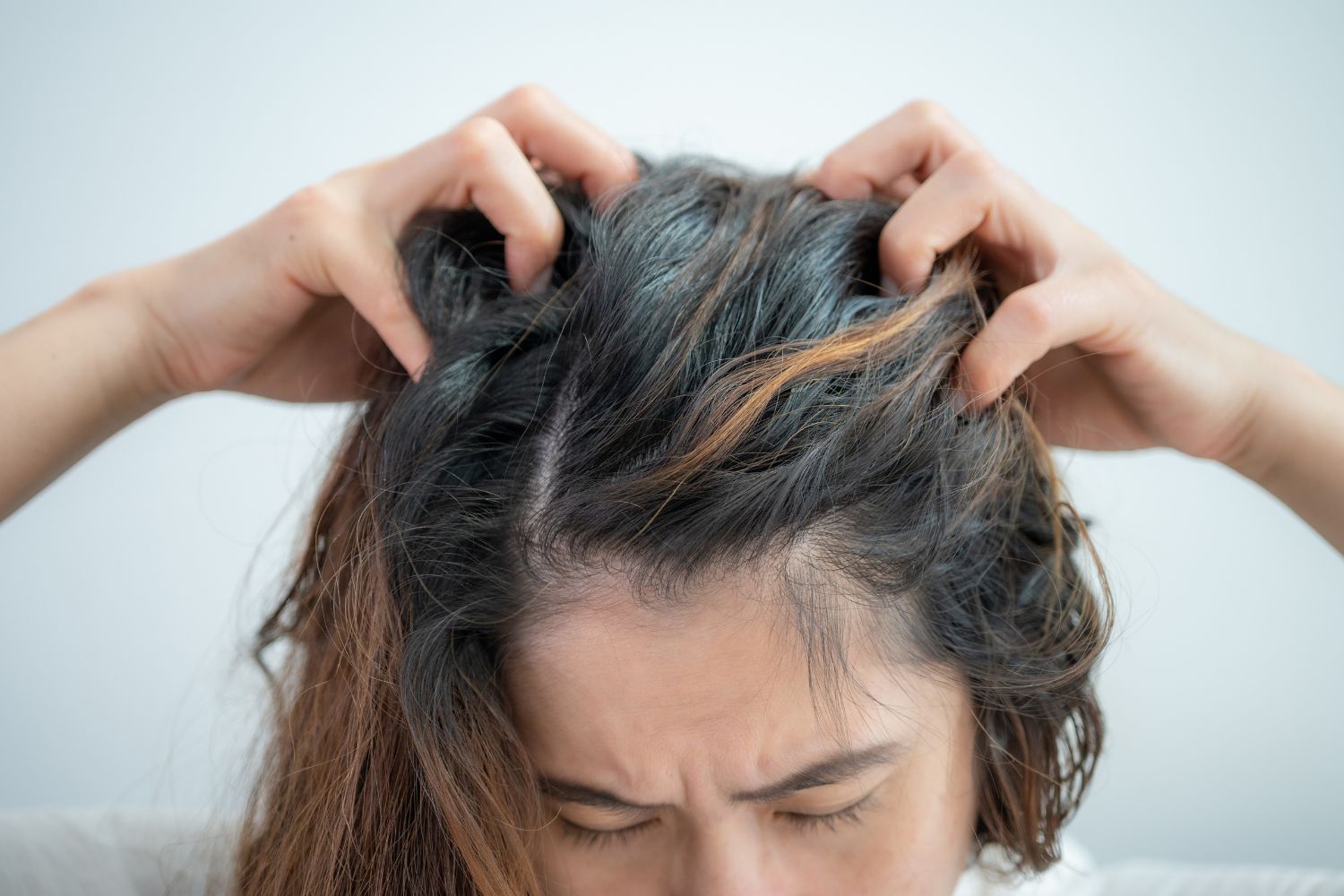
What are the best products for an itchy scalp?
Best shampoos for an itchy scalp
Best treatments for an itchy scalp
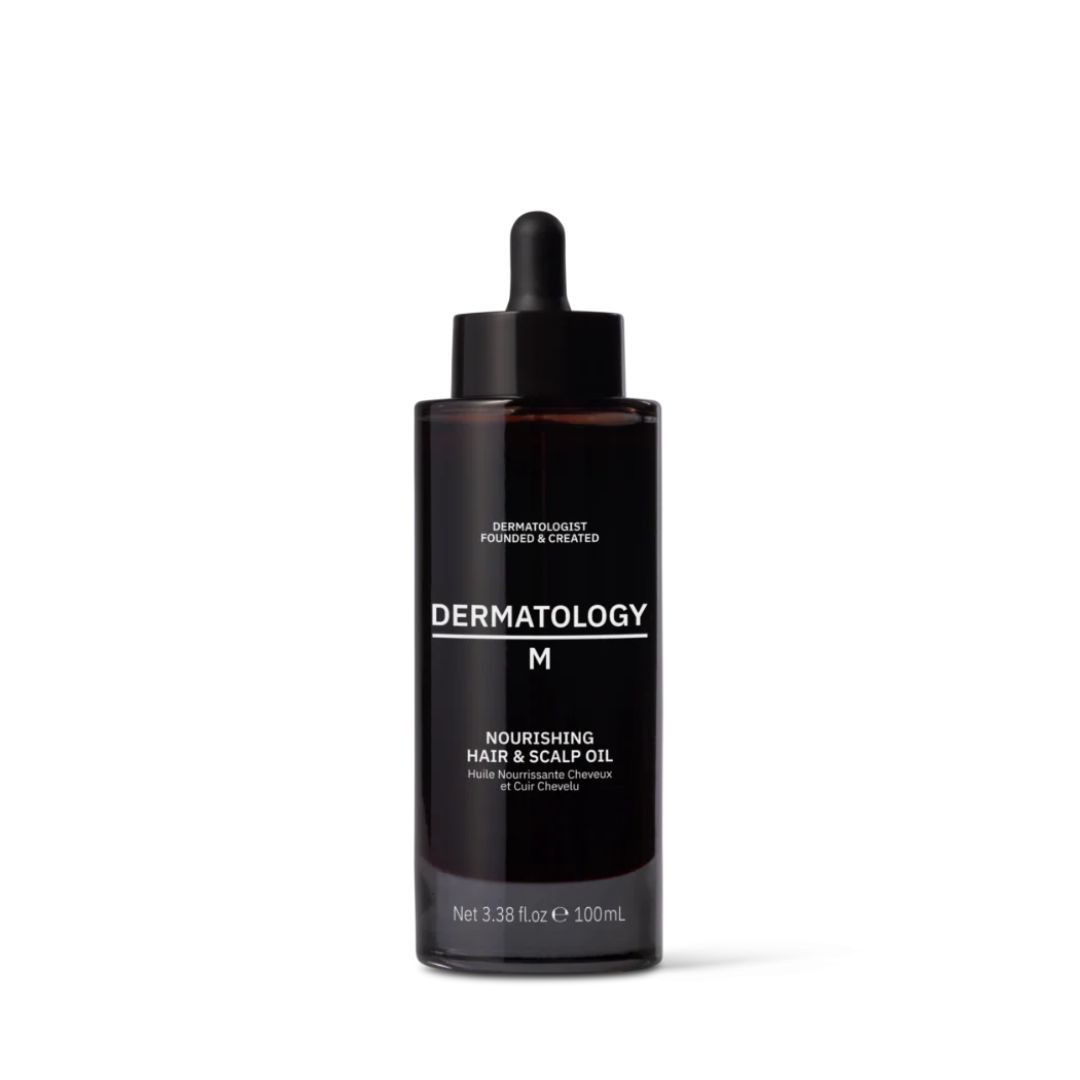
This oil is the perfect choice if you're after something rich and truly nourishing. Use it as an overnight treatment and whilst you sleep it will soothe and hydrate the sleep. There's rosemary oil in the formula too, which is said to help support hair growth.
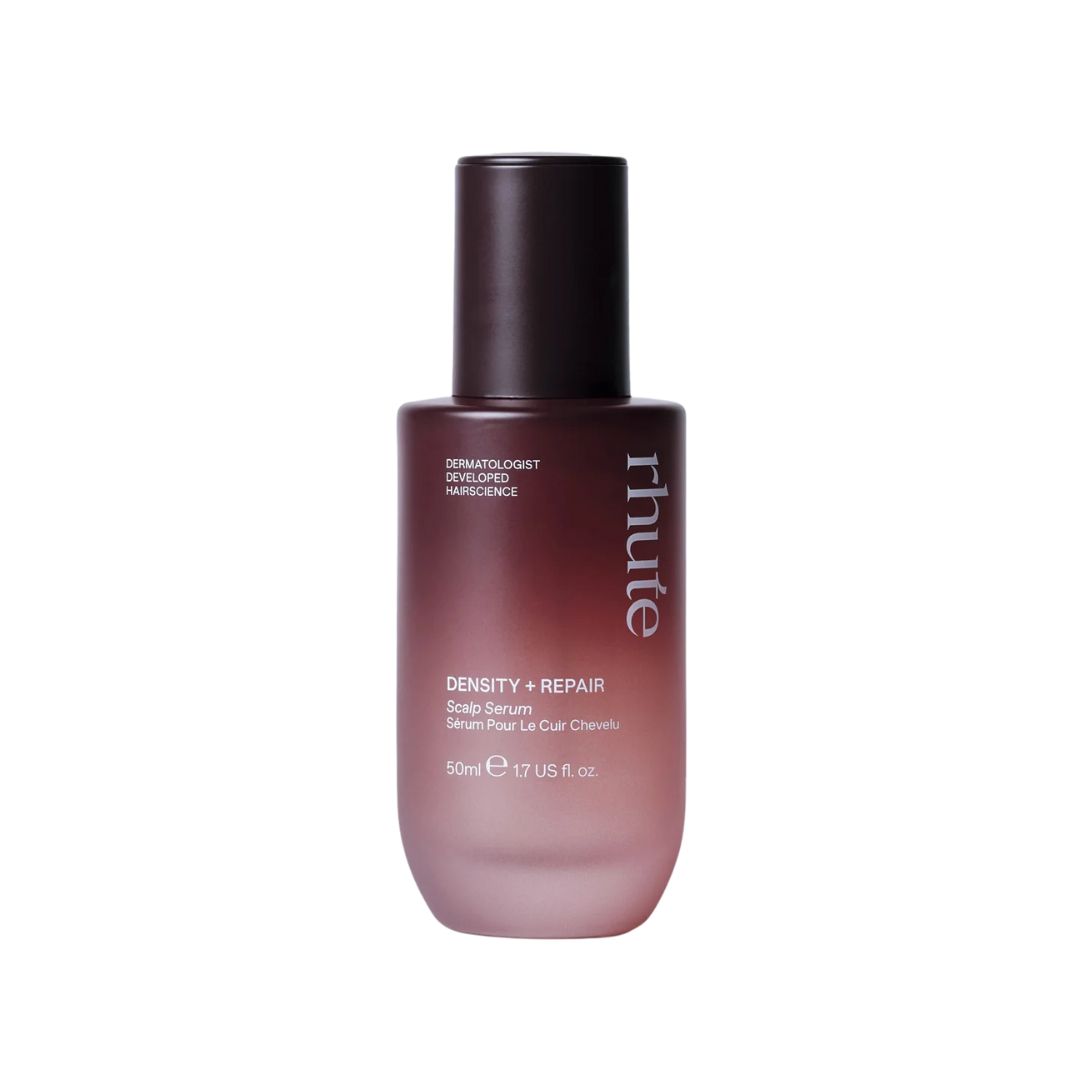
Developed by Dermatologist and Scalp Health expert, Dr Aamna Adel, this scalp serum was designed to relieve itching, dryness and flaking, strengthen the roots, ease shedding, and encourage growth. It does this by destressing the scalp and encouraging a strong barrier.
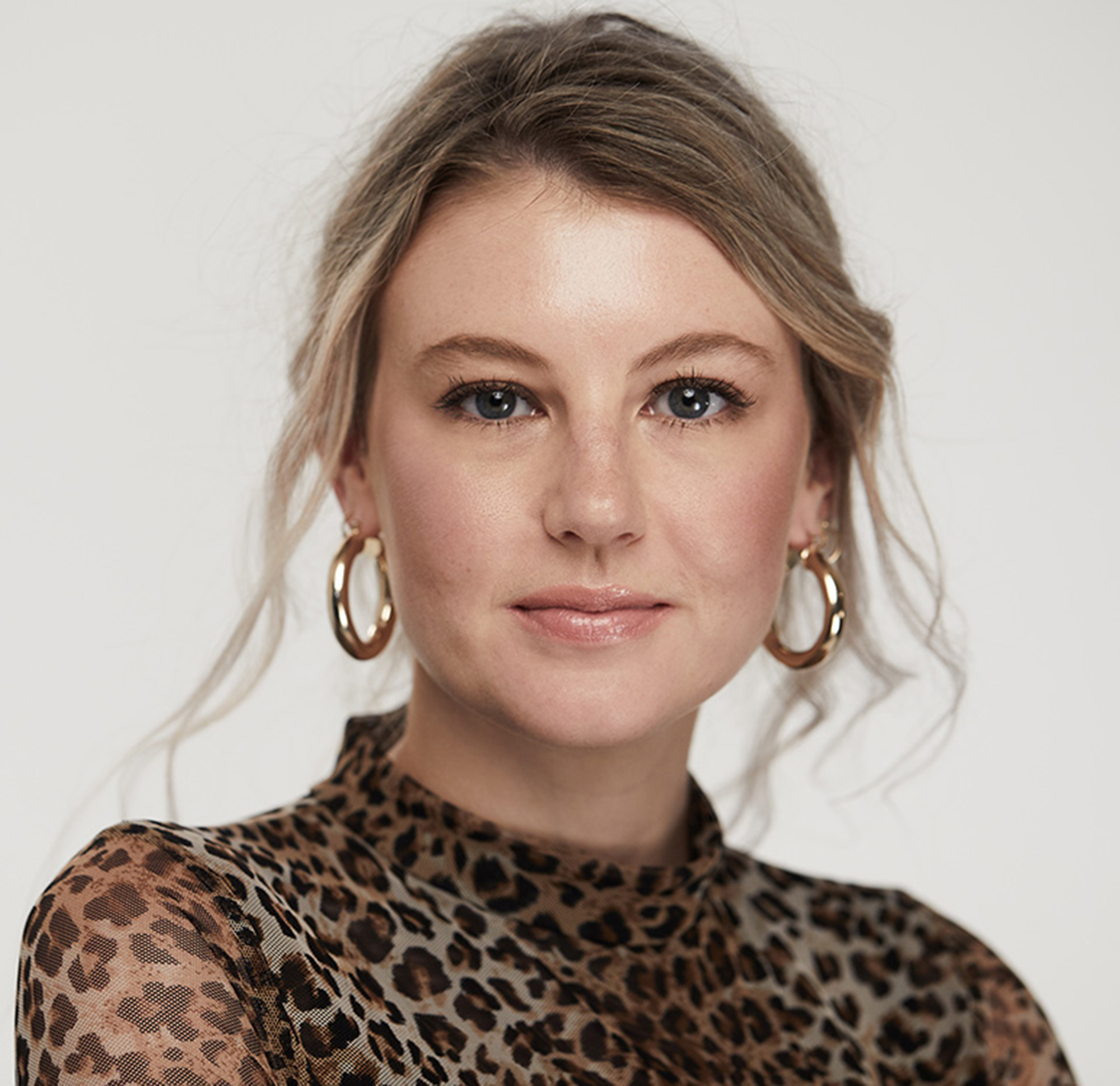
Katie Thomas is the Senior Beauty Editor at Marie Claire UK. With over 10 years of experience on women's luxury lifestyle titles, she covers everything from the best beauty looks from the red carpet and stand out trends from the catwalk, to colonic irrigation and to the best mascaras on the market.
